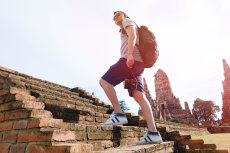 When travelling to far off places, it’s easy to get lost in your own experience, from the romance of seeing so many exciting new locales to the hustle to get from place to place. However, an exciting excursion to you is everyday life to someone else, and the choices we make as tourists can drastically affect local communities and wildlife. With these ten tips, you can travel responsibly and help break stereotypes about “bloody tourists.”
When travelling to far off places, it’s easy to get lost in your own experience, from the romance of seeing so many exciting new locales to the hustle to get from place to place. However, an exciting excursion to you is everyday life to someone else, and the choices we make as tourists can drastically affect local communities and wildlife. With these ten tips, you can travel responsibly and help break stereotypes about “bloody tourists.”
Tip 1: Do Not Take Sand and Seashells from Beaches
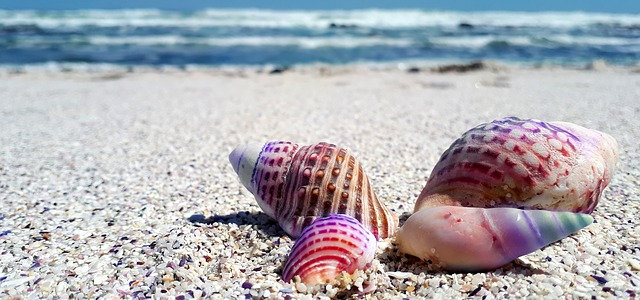
A pretty keepsake to us can be home to a variety of marine life, from fish to hermit crabs. A 30-year study found a direct correlation between increased tourism and decreased shells. Though modern machinery and beach grooming are largely to blame, leaving seashells behind can help a lot!
Tip 2: Don’t Haggle Too Much in Developing Countries
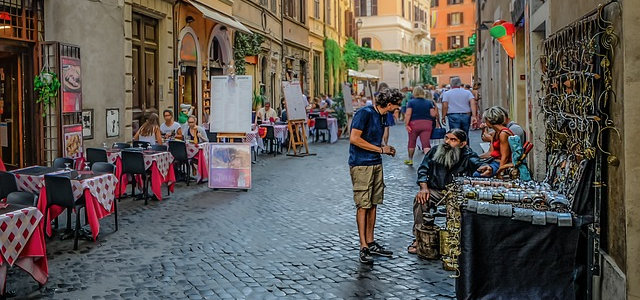
No one wants to get ripped off. While it can be frustrating to fall into tourist traps, haggling with local businesses can cause a whole lot of hurt. Keep the currency conversion in mind, especially in developing countries. Saving a pound or 50 pence doesn’t help you much but can really hurt locals.
Tip 3: Don’t Support Venues that Exploit or Abuse Animals

Ever dream of riding an elephant in Thailand? A cool experience for tourists can have a dark reality for locals and wild life. Many parks and exhibits that allow people to interact directly with animals, like riding elephants or swimming with dolphins involve brutal taming techniques that harm the animals. Instead consider animal parks and refuges that protect endangered species, like the Happy Elephant Home in Chiang Mai.
Tip 4: Say No to Plastic Straws!
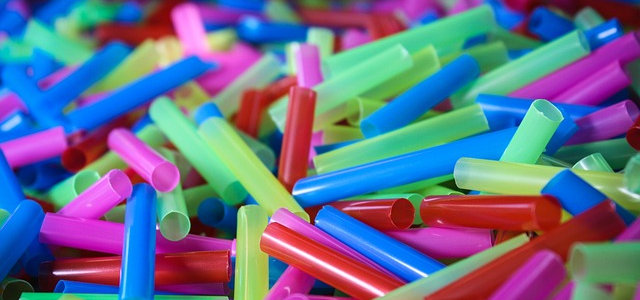
Next time you order a drink, skip the straw! Plastic straws often end up in the ocean, affecting delicate eco-systems there, and can harm animals. Going without a straw or having a reusable straw can make a big difference since the average person can go through 38,000 straws in 60 years!
Tip 5: Eat and Shop Local
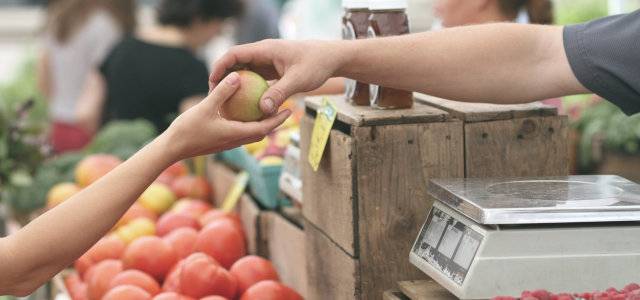
Go for the most authentic experience possible. Eating and shopping local is a major boost to the local economy and is the best way to find something you can’t get anywhere else. As an added bonus, it helps reduce your carbon footprint since goods don’t need to travel as far!
Tip 6: Watch Where you Flick Your Cigarette Butts
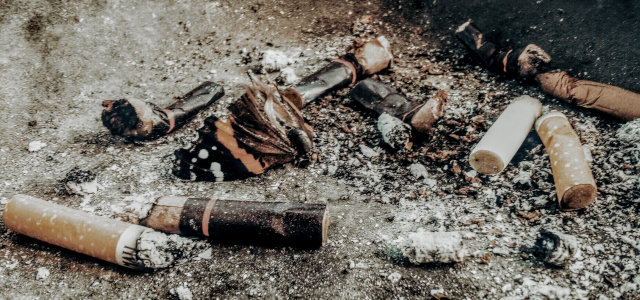
Cigarettes are actually the ocean’s biggest contaminant and can cause a lot of damage to marine wildlife. Make sure to put out any smoke before disposing of butts in the garbage, and not the ground. As Toronto’s campaign suggests, “Don’t be a flicking idiot.”
Tip 7: Don’t Give Money to Begging Children
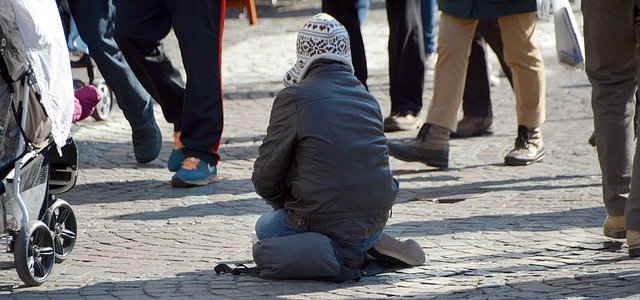
Seeing a wide-eyed child on the street begging for money can be hard to turn down, but it’s often the best thing long-term. Some are exploited to make money by gangs, and even in less severe cases, it gives children less incentive to go to school when they can make money from tourists. Instead, it’s a better idea to donate to NGOs and charities to try to solve the problem at its cause.
Tip 8: Be Careful When Buying Souvenirs
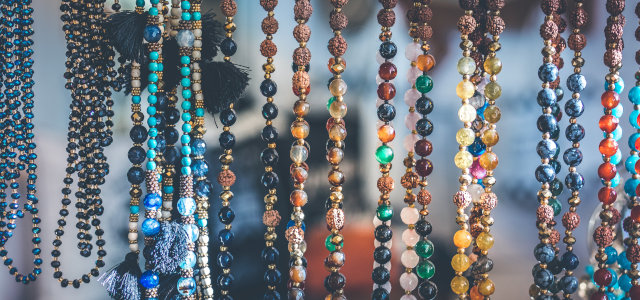
While it’s great to support local shops, make sure what you’re buying is ethically sourced and doesn’t involve the exploitation of animals or people. Be particularly wary of products made from ivory, teeth or bones, quills, beaks or other animal products.
Tip 9: Respect the Local Culture and People
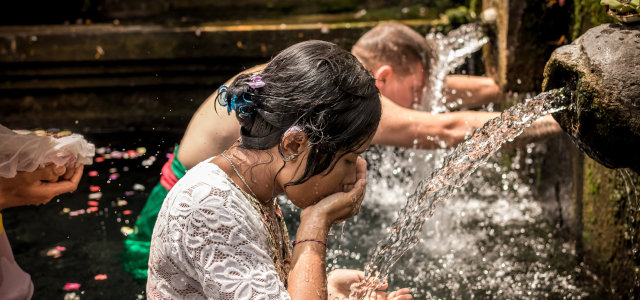
A little research can go a long way! Learn the customs, traditions and faux pas of where you plan to visit and try to pick up some key phrases in the local language. It’s also important to read up on what clothing is considered appropriate in different cultures. In the age of the internet, there’s no reason not to be prepared when you travel!
Tip 10: Spread the Word!

Lead by example and share why you’re making certain choices. Shedding some light on these issues to friends, neighbours and family can really open their minds to issues they haven’t thought about. At CheckMyBus, we always encourage people to travel as much as they can to discover the world by helping them find the cheapest transportation. But we also want people to travel in a smart and responsible way. So, spread the word!
Share this post:

